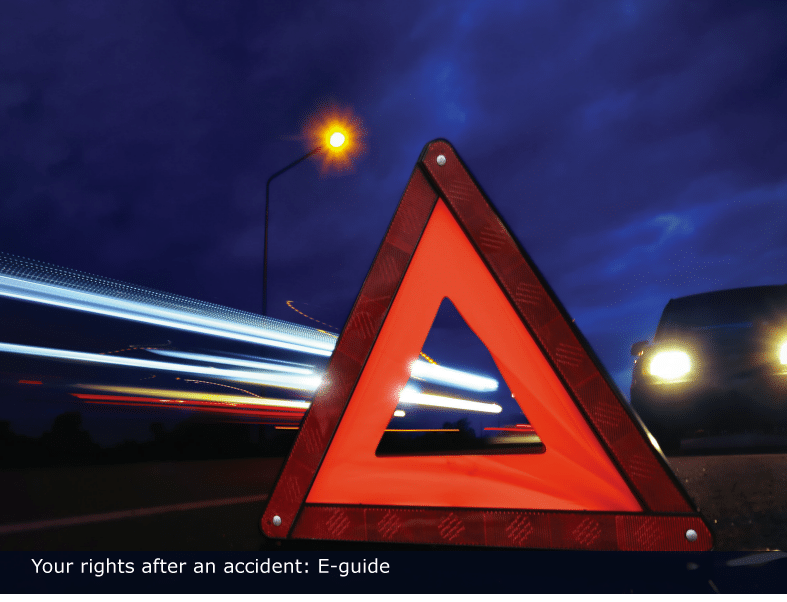All we do is injury law – and we’ve been doing it since 1999. We are seasoned trial lawyers with a proven track record. Many cases settle out of court, but some cases need to be taken to trial. At Bergeron | Clifford, we prepare every case for trial so that our clients have the best options – in court, and out of court.
Our personal injury attorneys work with a variety of injuries, and are highly experienced with cases marked by catastrophic injury, including brain injuries, spinal cord injuries, amputation, disfigurement, burn injuries, chronic pain, birth injuries, boating injuries slip and fall injuries, sports injuries, motorcycle accidents, and psychological injuries.
You don’t need an injury lawyer, until you do and when you do our lawyers will help you navigate this difficult time with the knowledge and skill required to get you the settlement or court result you need.
Trusted Since 1999
Patricia Crockett
“If I had known Ted Bergeron was available to me then, I would have had him visit me in the hospital. He was kind, he was honest, he’s a very down to earth person and I always felt very comfortable with Ted.”
Read other reviews.




We have facilitated numerous families in finding valuable resources to initiate a personalized recovery plan and obtain fair compensation for their injuries.
We encourage you to explore our Facebook and Google testimonials on our legal representation, including the Ottawa, Carleton Place, Perth, and Kingston Google testimonial pages.
When you hire our personal injury attorneys, we’ll help you understand how the injury law process works. We will answer your questions about insurance benefits, disability, fault, and what you can expect as your claim progresses. We are available to you whenever you need help. We return phone calls. We make house calls. Unlike many other firms that claim to deal with personal injury and don’t actually deal with you, personally, when you hire us, you get us.
If you or a loved one has suffered an injury, contact us at 866-384-5886 or fill out our online form above. With office locations across Eastern Ontario our personal injury attorneys are prepared to work wherever is most convenient for you. If you need us to visit you at your home or hospital, we can do that – just let us know.

E-guide: Your Rights After an Automobile Accident
Pursuing an injury claim after an accident can be overwhelming. If you are injured in a car or automobile collision, you need to learn about your rights . This e-guide aims to answer questions that may arise after an accident to assist you if you’ve sustained an injury.
The e-guide will help you determine what to expect from your car or automobile insurance provider. It describes the many variables considered in an accident injury claim, and outlines the benefits you and your family may be entitled to.
Every case is unique, this document only serves as a guideline. To know what your claim is worth, or to take the next step towards your legal rights, kindly book a free consultation with us.
8665354859
Blog and News
Death and Funeral Benefits - An Overview
January 17, 2024
In Ontario, automobile insurance is mandatory and comes with standard coverages for Death and Funeral Benefits regardless of fault. The no-fault coverages are called Accident Benefits. Entitlement to Accident Benefits is governed by the Statutory Accident Benefits Schedule (the “Schedule”).
January 17, 2024
Cycling in Ontario offers a blend of urban and scenic routes, making it a popular choice for commuters and enthusiasts alike. Understanding your rights and the legal avenues available is crucial when faced with cycling injuries.
Trying to Get to the Other Side - Pedestrian Injuries and Failure to Yield
January 16, 2024
Regardless of why the chicken crossed the road, it had the right not to get hit by a car. So do you. If you get hit by a car as a pedestrian, there are a lot of things to consider. This blog will provide an overview of things to keep in mind, both as a pedestrian and as a driver.
SCHEDULE YOUR FREE APPOINTMENT
Visit one of our offices or we will come to you.
Call Toll Free:
866-384-5886
No fees until we win.
Bergeron Clifford Offices in Eastern Ontario - Kingston, Ottawa, Pembroke, Perth & Carleton Place.
-
1 Hyperion Ct.
Kingston, ON K7K 7G3 - Toll Free: 866-384-5886
- Tel: 613-384-5886
- Fax: 613-384-0501
-
185 Somerset Street West, Suite 305,
Ottawa, ON K2P 0J2 - Toll Free: 866-384-5886
- Tel: 613-241-4777
- Fax: 613-241-6381
-
164 Bridge St.
Carleton Place, ON K7C 2V7 - Toll Free: 866-384-5886
- Tel: 613-257-5887
- Fax: 613-257-5889
- 347 Pembroke St E, Pembroke, ON K8A 3K5
- Toll Free: 866-384-5886
- Tel: 613-735-4014
- Fax: 613-735-4015
-
31 Foster St.
Perth, ON K7H 1R8 - Toll Free: 866-384-5886
- Tel: 613-704-8628
- Fax: 613-384-0501
















